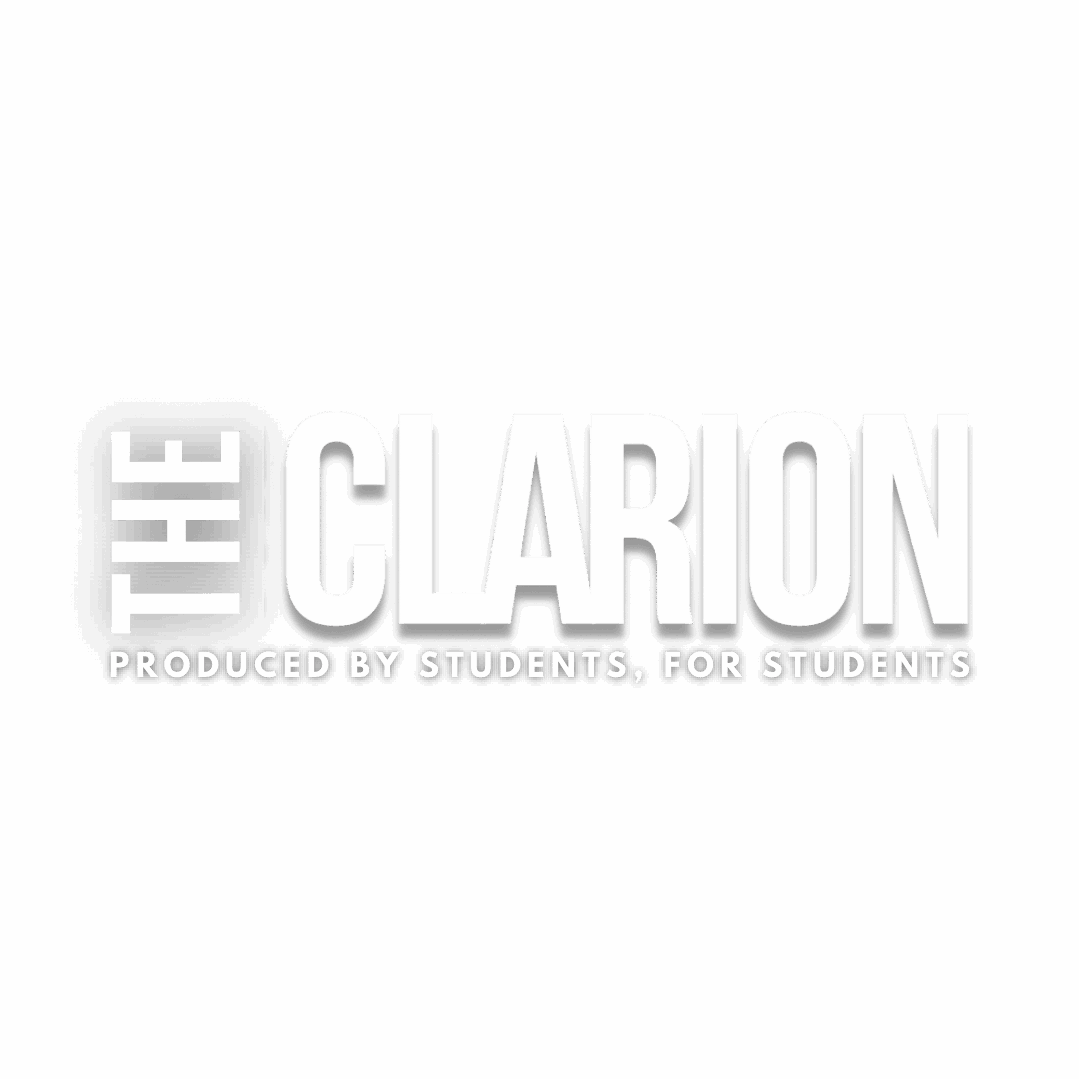The semester is coming to an end and the fire we once had at the beginning may be burning out. How do we keep the fire going and finish as strong as we started?
Tom McElfresh is a Professor of Mental Health Technology at Sinclair, and offers some great advice to students of all majors.
“People start out enthusiastic, but by [later in the semester], they start to wear thin and show signs of pressure and stress,” said McElfresh. “The goal is not to eliminate it, but manage it.”
McElfresh said many students start the semester strong with set goals, but can’t deal with the stress of completing multiple assignments, and start to burn out before finishing the semester strong.
“A lot of students come [to Sinclair] in the Fall with high energy, high expectations… but then the reality comes,” McElfresh said. “By the time of the first exam or first major paper, it moves from that high energy enthusiasm [to high stress and low energy].”
He said stress is unavoidable; however, burnout is avoidable and controllable. McElfresh compares stress, passion and energy to the power of a campfire.
“A campfire needs three things: it needs oxygen, a fuel source, and a heat source/spark,” McElfresh said. “When people start to burn out, we ask three questions: Are they not being refueled? Are they not doing things to reenergize themselves? Or, are they running out of spark?”
If students look at their lives and assess these three ingredients, burnout can be avoided, according to McElfresh. To lessen stress, he suggests practicing saying the word no—say no to that extra shift, that party, or anything else that can take your eyes off of your priorities. It’s important to say no if you’re going to keep school a priority.
“That’s a way of eliminating and getting things off the plate,” he said.
McElfresh also suggests delaying gratification, such as waiting until you’ve finished all your work for the week before going out to do something you enjoy. Enjoyment is an important ingredient in success, however.
“Stop and think about yourself and what you need,” McElfresh said.
We need both social time and time to be alone, no matter our personalities, according to McElfresh. Some will want more time being social or being alone, but the important part is that people find hobbies that they enjoy.
Dayton is a very eclectic area, rich with activities, food, music, stories and people. There is always something to do and someone new to meet—take time for enjoyment, according to McElfresh.
Additionally, Sinclair has many resources to help students. If you need to talk to someone about personal or academic issues, Sinclair’s Counseling Services can help. Visit them in Building 10, Room 10-424.
Other helpful resources on campus include Academic Advising, Tutoring Services, or Campus Ministry. These services can help you find the right major, stay focused on schoolwork, or help you stay connected on a spiritual level. The most important thing is to know your limit, don’t overload yourself and take time to enjoy your journey. Your hard work (and enjoyment) will pay off, according to McElfresh.
Meggan Lanahan
Reporter
